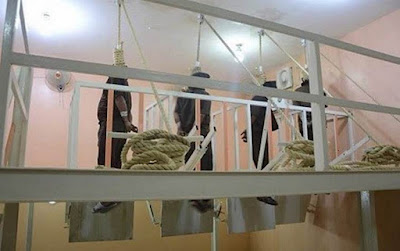 |
Iwao Hakamada
|
TOKYO — Iwao Hakamada was a wiry former boxer in his 30s when he was thrown in jail for the killing of a family of four that shocked 1960s Japan. On Thursday, he limped from his cell on death row, a bewildered-looking 78-year-old who, his family fears, may have lost his mind in prison.
It took the courts nearly half a century to conclude that the evidence against him may have been fabricated by police investigators, and to order the retrial he sought.
With much of the evidence against Mr. Hakamada now discredited, the case rests on what his family and international human rights activists say is just such a flawed confession.
Mr. Hakamada has consistently testified that he admitted guilt only after an intense interrogation in which he was beaten with sticks, deprived of sleep and forced to urinate in a makeshift urinal in the interrogation room. Police records show the questioning went on for 240 hours over 20 days.
Mr. Hakamada retracted the confession soon after he made it.
“When something goes wrong in Japanese criminal justice, it tends to happen in the interrogation room,” said David T. Johnson, a professor at the University of Hawaii and an author of books on criminal justice in Japan.
The court decision also highlights what many activists call the cruelty of death row rules in Japan that deny inmates — and their families — any warning of their executions to prevent prisoners from panicking and to forestall protests outside prison gates.
Those rules meant that for much of his time in prison, Mr. Hakamada rose in the mornings in solitary confinement not knowing whether that day would be his last.
Source: The New York Times, March 28, 2014


.jpg)







